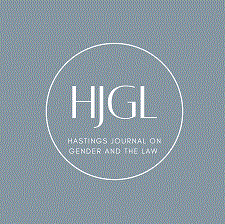
Abstract
In 2003, an Islamic Sharia court in northern Nigeria sentenced Amina Lawal to death by stoning for having sex outside of marriage. After the man Lawal named as the father of her baby was acquitted for lack of evidence, the international community pressured Nigeria to oppose the ruling by adhering to its own constitutional provisions, and international law prohibiting torture and gender discrimination. This article explores the fundamental conflicts between international human rights law and Islamic law as implemented by Sharia courts. The author cites the UN Charter, the Universal Declaration of Human Rights, jus cogens and customary international law, and the human rights treaty regimes as relevant sources of international human rights norms. By approaching the conflict through a variation on feminist theory, this article provides an alternative to the universalist/cultural relativist dichotomy that often functions to polarize the dialogue between proponents of locally implemented Islamic law, and supporters of the theory of inherent, universal human rights.
Recommended Citation
Sarah Crutcher,
Stoning Single Nigerian Mothers for Adultery: Applying Feminist Theory to an Analysis of Gender Discrimination in International Law,
15 Hastings Women's L.J. 239
(2004).
Available at: https://repository.uclawsf.edu/hwlj/vol15/iss2/6


